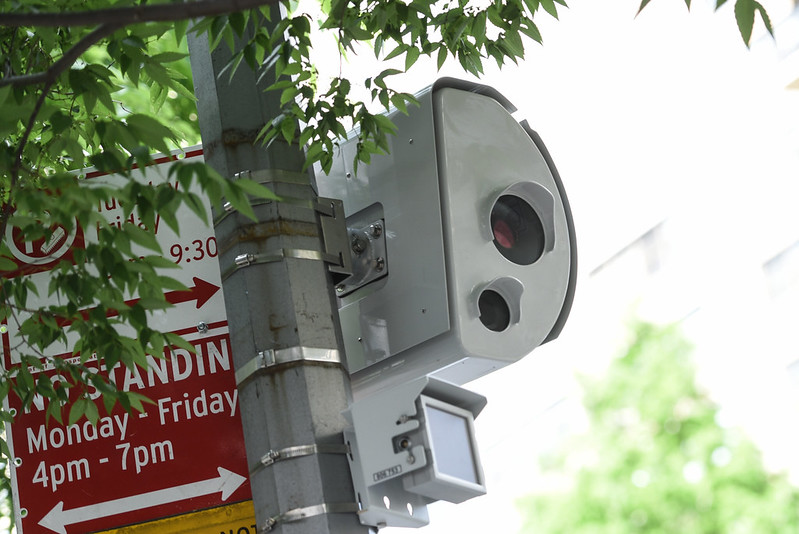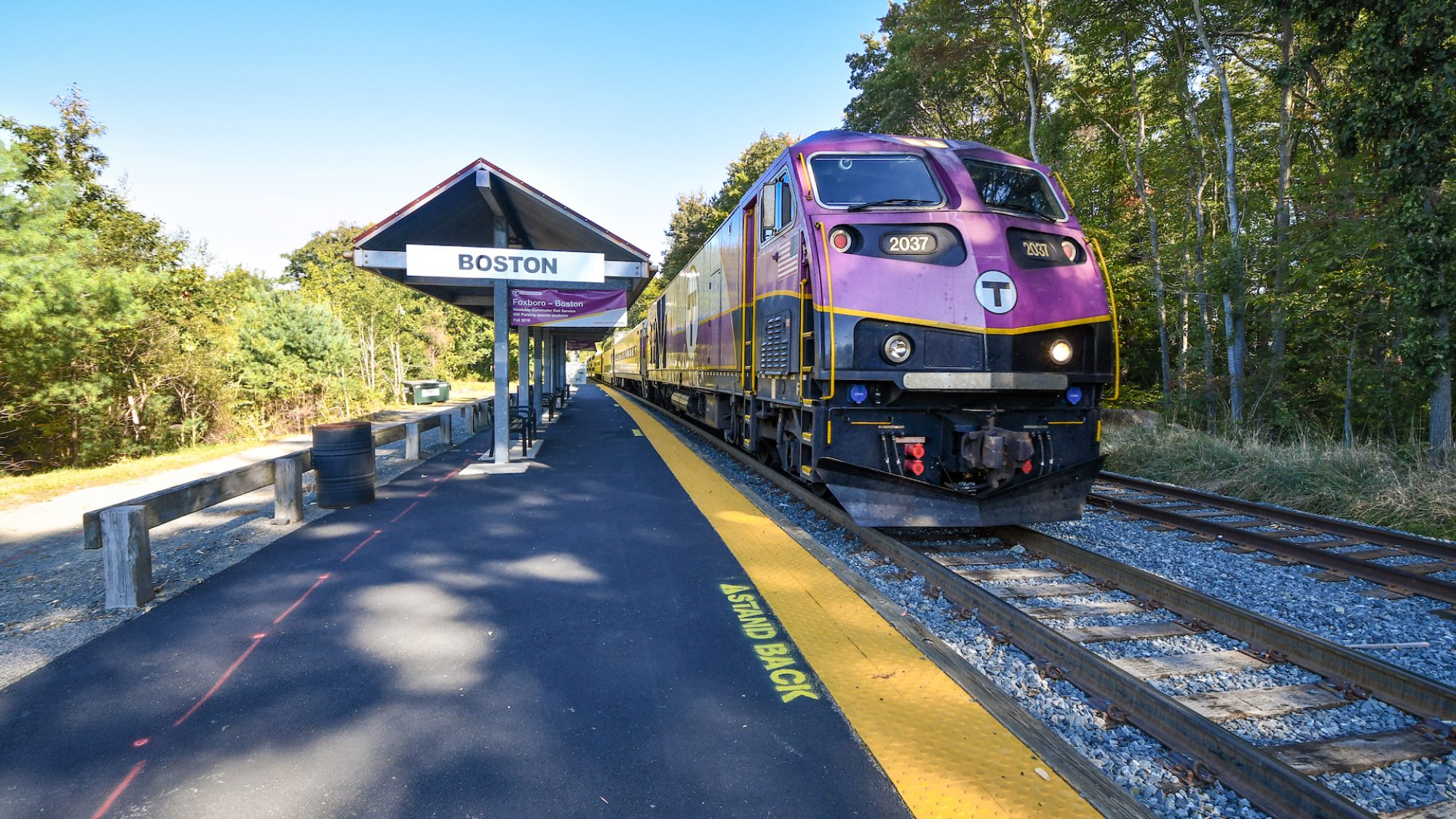Yesterday, Governor Maura Healey submitted her $62 billion budget proposal for fiscal year 2026 – and along with her spending proposals, the legislation also includes provisions to legalize the use of automated speed enforcement cameras across the state.
The proposed camera enforcement language bears similarities to bills that lawmakers have tried and failed to pass several times before.
Under the Governor's proposal, fines would be relatively modest, there would set strict limits on the use of camera footage, and the bill limits the number of camera enforcement systems to one per 5,000 residents of any city or town.
In any two-year period, drivers would only get a warning for their first violation, no matter how dangerously they were driving.
For subsequent violations, drivers would receive a $25 fine, or a $100 fine for driving more than 25 mph over the posted speed limit.
The limit of one camera per 5,000 residents would allow up to 130 cameras in the City of Boston, 41 in Worcester, 30 in Springfield, and fewer than 10 cameras in smaller cities like Leominster, Chelsea, Pittsfield, and Amherst.
However, the Governor's bill also stipulates that MassDOT would be allowed to deploy an unlimited number of speed cameras in construction work zones. Those cameras would not count toward the population-based limit in any city or town.
The biggest difference between the Governor's proposal and previous efforts is political.
Previous bills to legalize automated enforcement systems have struggled to emerge from the secretive back rooms of the State House to get a public vote.
By including it in her budget bill, Governor Healey is signifying that it's a priority for her administration, and making it much harder for legislative leaders to ignore the idea.
Another difference: lawmakers just passed two other camera enforcement bills for school buses and transit buses with little controversy.
According to the Governor's Highway Safety Association, 19 other states, plus the District of Columbia, have already passed laws that permit the use of speed enforcement cameras. 22 other states allow the use of cameras to enforce traffic signals.
New York City has operated thousands of speed cameras for several years, but until 2022, they had been limited under state law to only issuing fines for violations between 6 a.m. and 10 p.m.
In the year after that state law changed to allow for 24-hour operation, New York City witnessed a 30 percent drop in speeding incidents in zones covered by speed cameras, and a 25 percent reduction in fatal crashes.
If it's approved, the legislation would take effect on July 1, 2026, giving cities and towns a full year to procure equipment and set up their programs.






